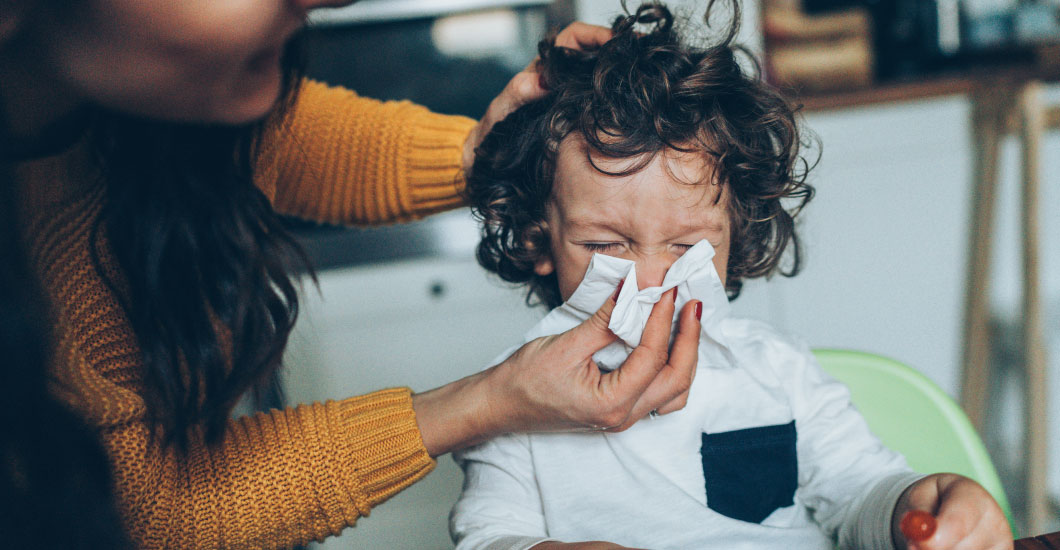As parents, it is normal to stay vigilant to prevent our children from getting sick. During their growth period, it is advisable to use vaccination methods to strengthen their defenses and prevent our children from getting very serious diseases such as tetanus, measles, or tuberculosis, among others.
We know that illnesses in general are one of the biggest concerns for parents. In the first stage of childhood, children are likely to develop some of the most typical illnesses, which are those that affect the respiratory and digestive systems, and the skin.
Here we share some of the most common diseases in children and how to treat them.
1. Bronchitis
This is a respiratory tract infection. Children who suffer from it are affected by coughing and inflammation of the bronchial tubes. To prevent them from getting bronchitis, it is important to keep the spaces used by the child clean, avoid being near people who smoke, and avoid exposure to bad weather such as excessive cold, among others.
2. Diarrhea
Diarrhea can occur due to intolerance to certain types of foods. For example, foods that contain wheat gluten and that are high in barley can cause diarrhea. It can also occur from eating contaminated food. It is important to pay attention if our children have diarrhea as it could cause them to become dehydrated.
3. Earache
Earache is common in children, and is often caused by a virus, an infection or pressure from a cold. If your child's earache is accompanied by a high fever, the pediatrician will be able to indicate which antibiotic is the best treatment.
4. Atopic Dermatitis
Atopic dermatitis is very common in babies and children. It is a skin disease that consists of rashes. This leads to inflammation of the skin and itching. Daily skin care with a moisturizing cream helps prevent breakouts and keep the skin from swelling. It is important to teach children not to scratch their irritated skin.
For many of these diseases, some of the main treatments given to children at the direction of a doctor are antibiotics, acetaminophen, or ibuprofen. Consult with your pediatrician to determine the appropriate dose, as this should be based on the child's weight. If you have any questions or concerns about the most appropriate care for your child, it is important to speak with a pediatrician to get treatment recommendations and make sure they are provided safely. Sometimes mild infections, both viral and bacterial, can turn into more serious infections. If your child's illness worsens or develops any complications, take him directly to the emergency room, or see his pediatrician immediately.



